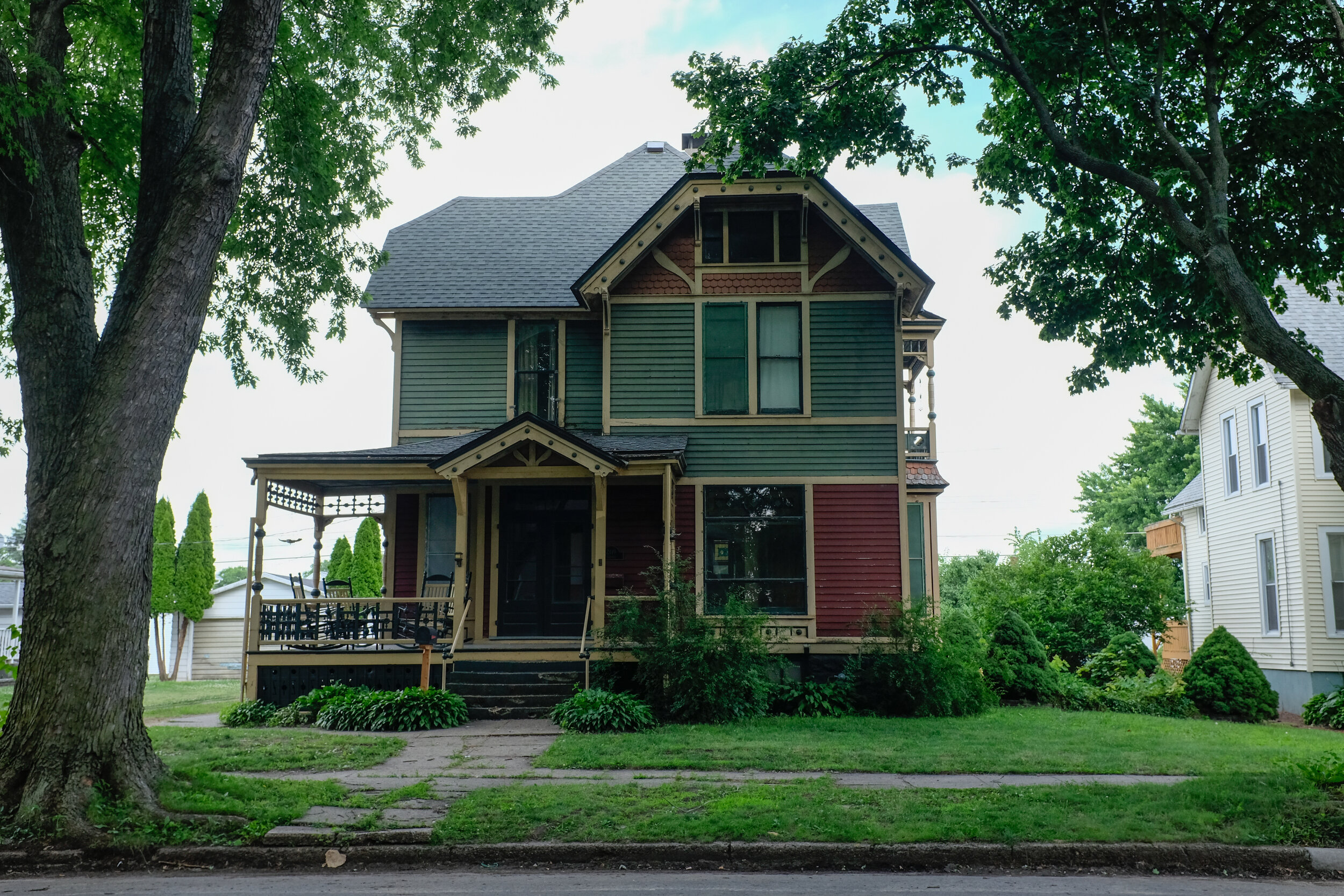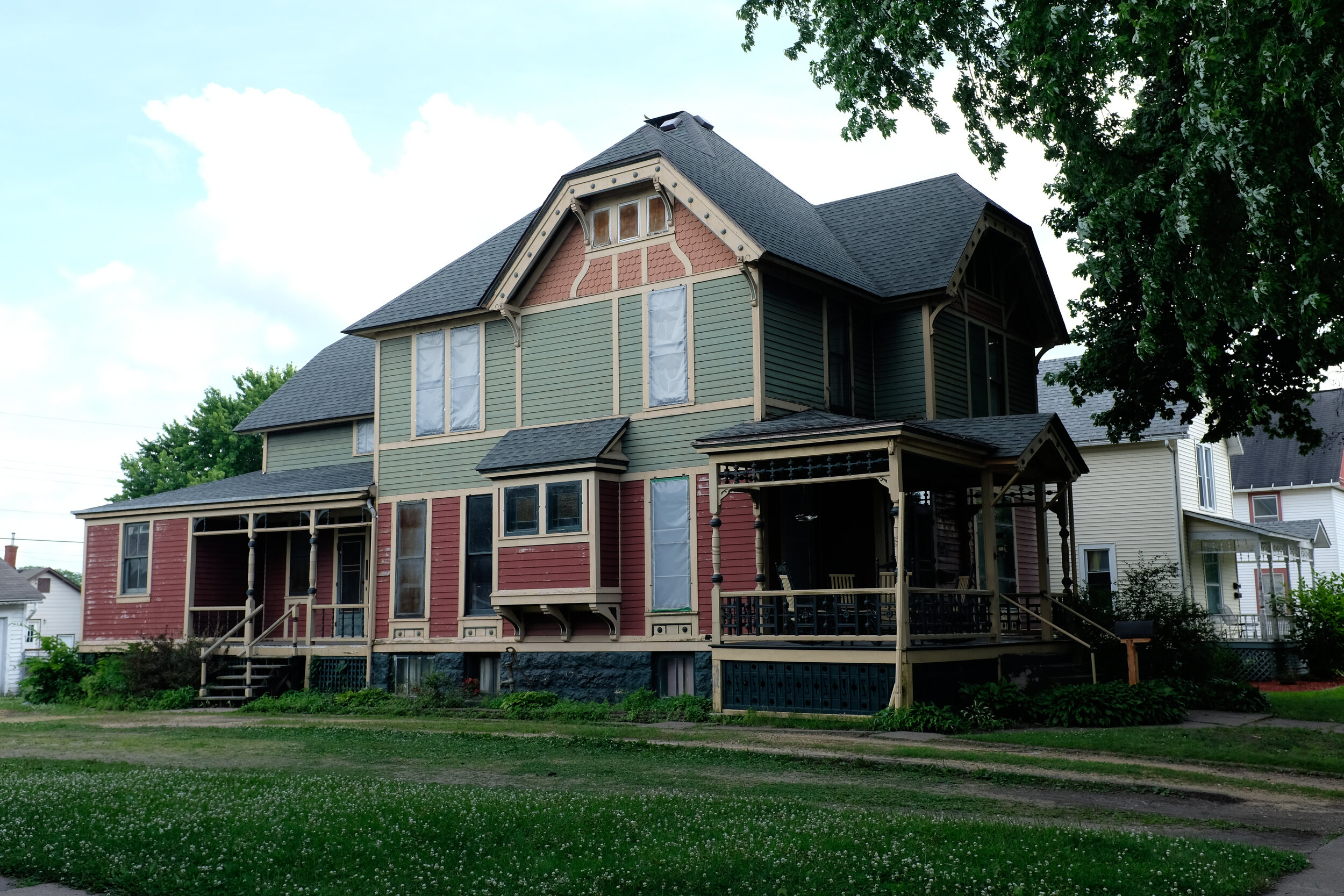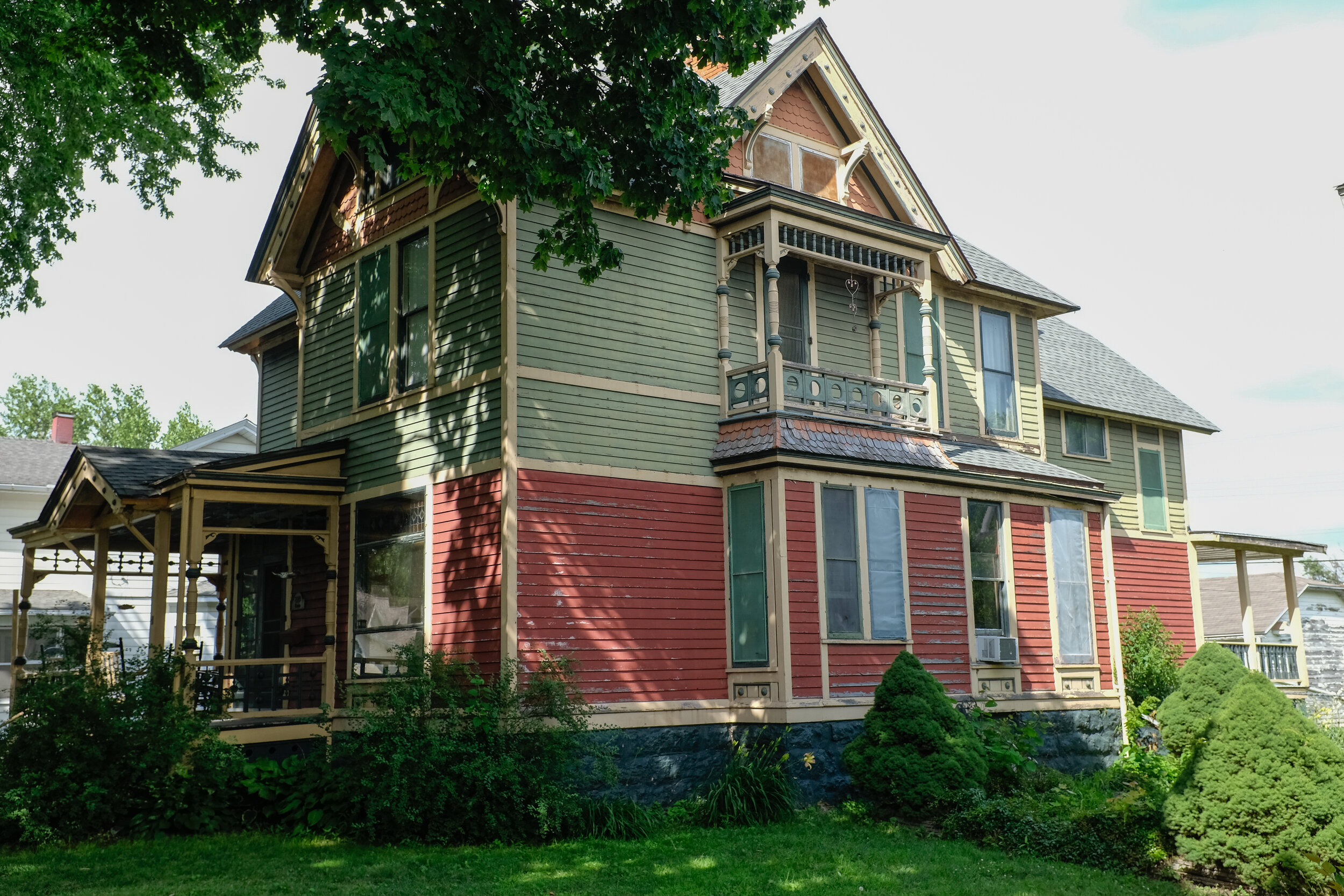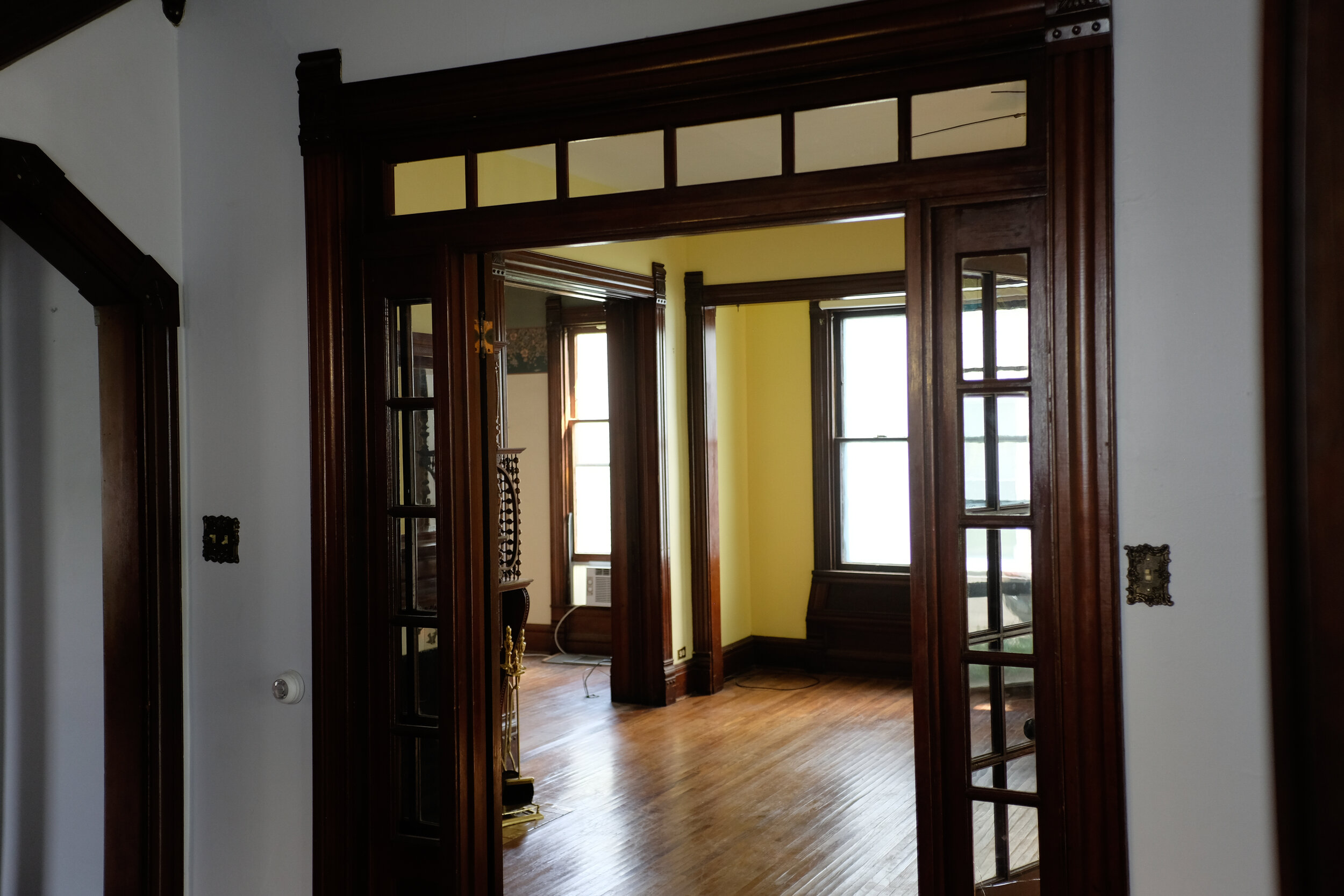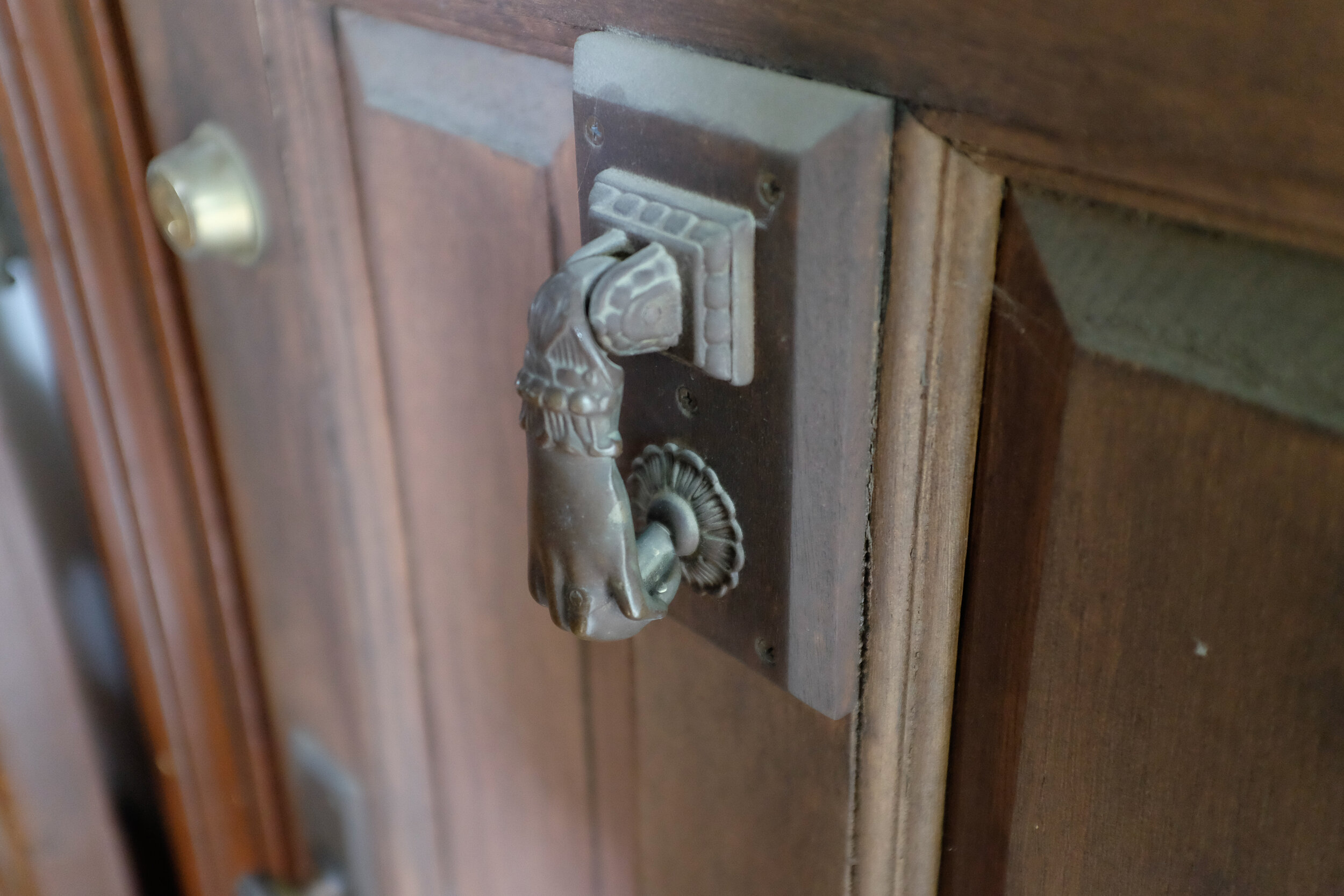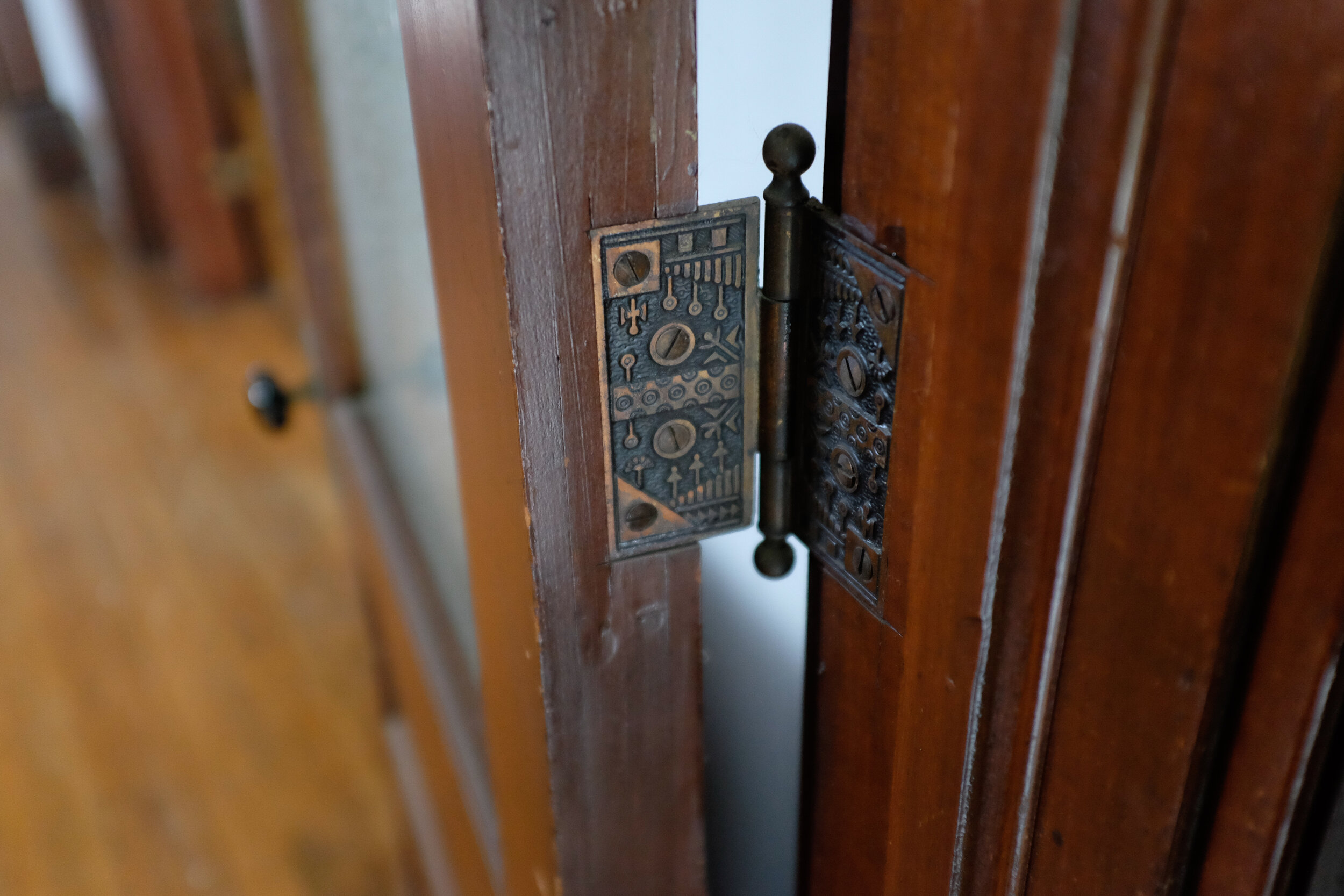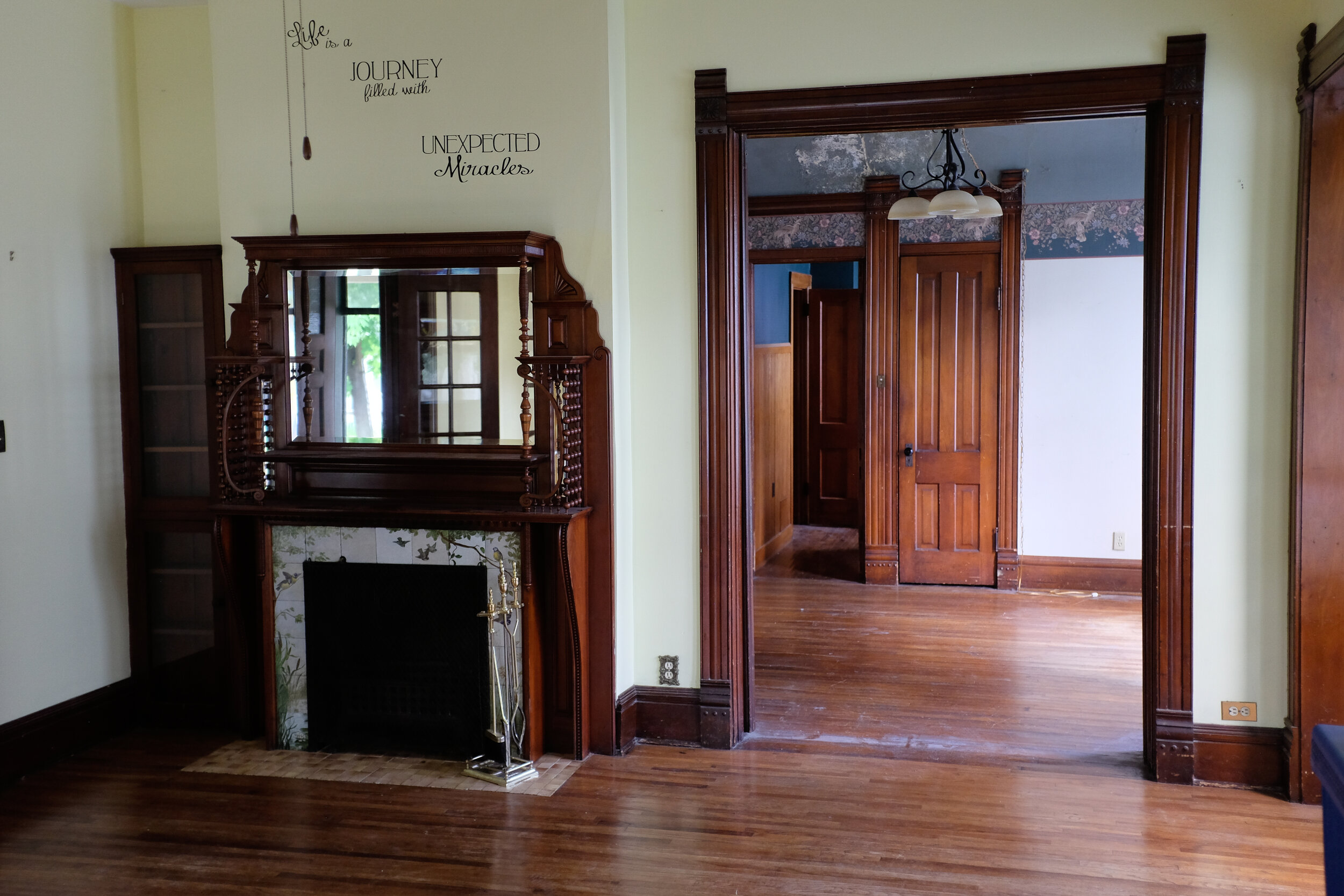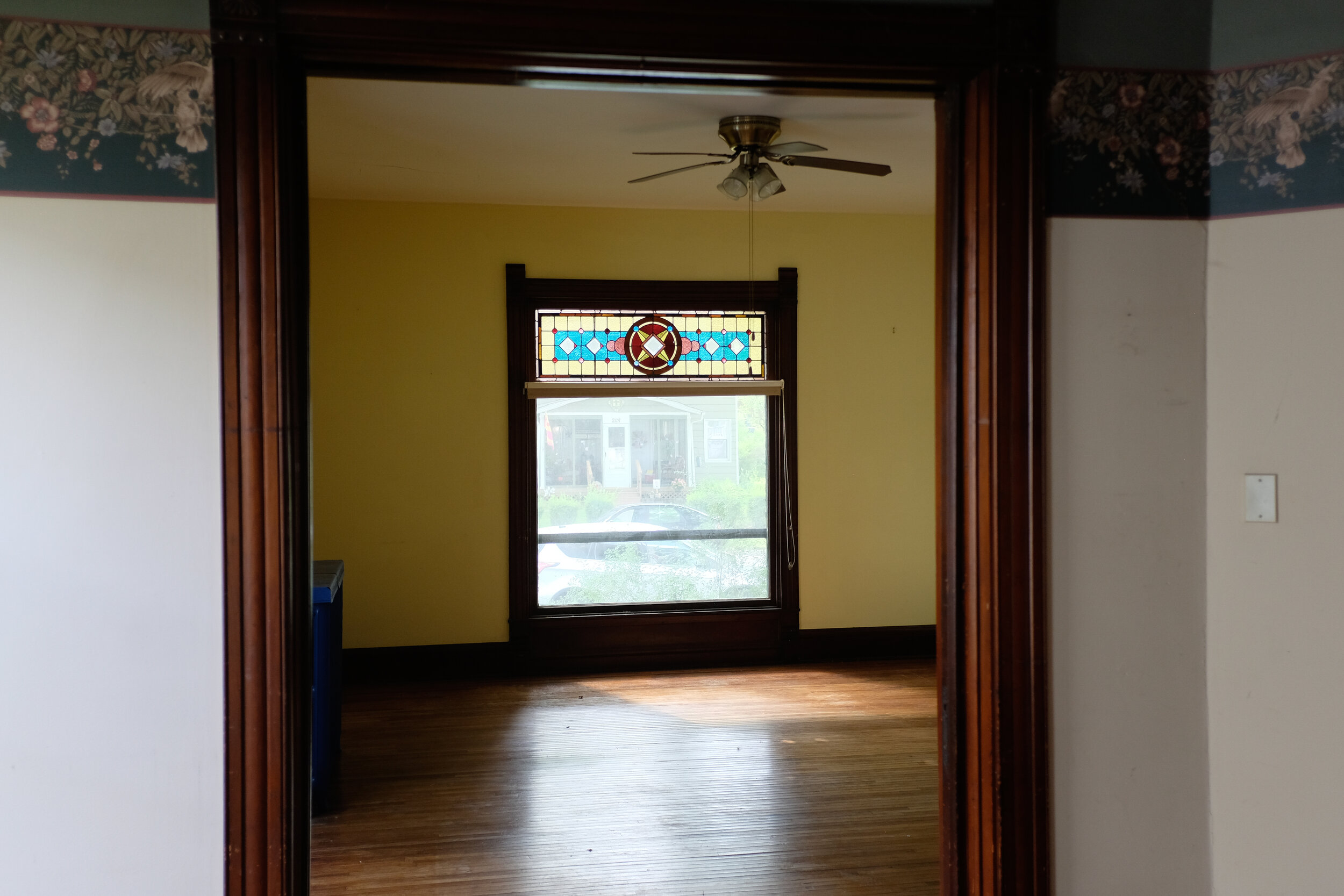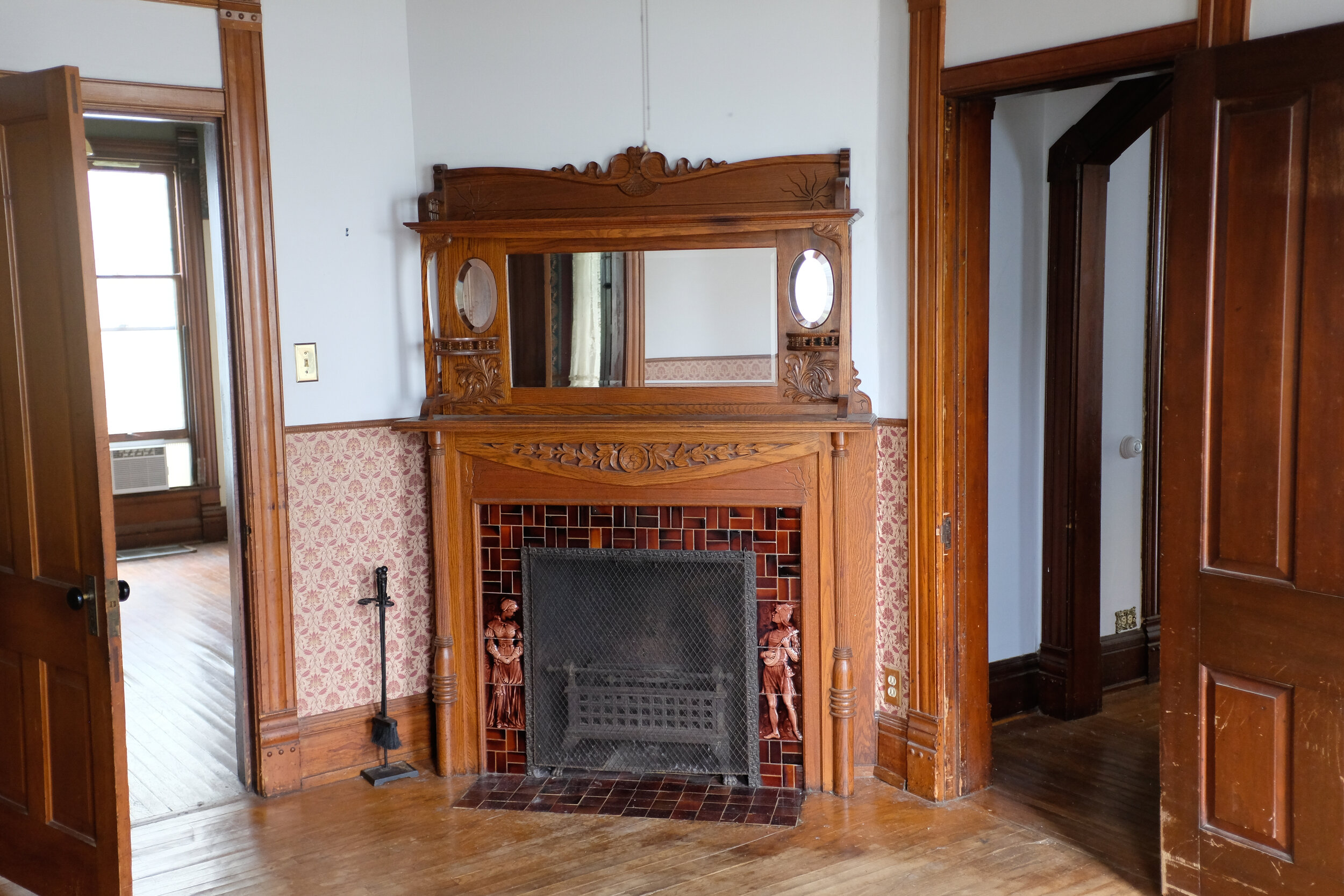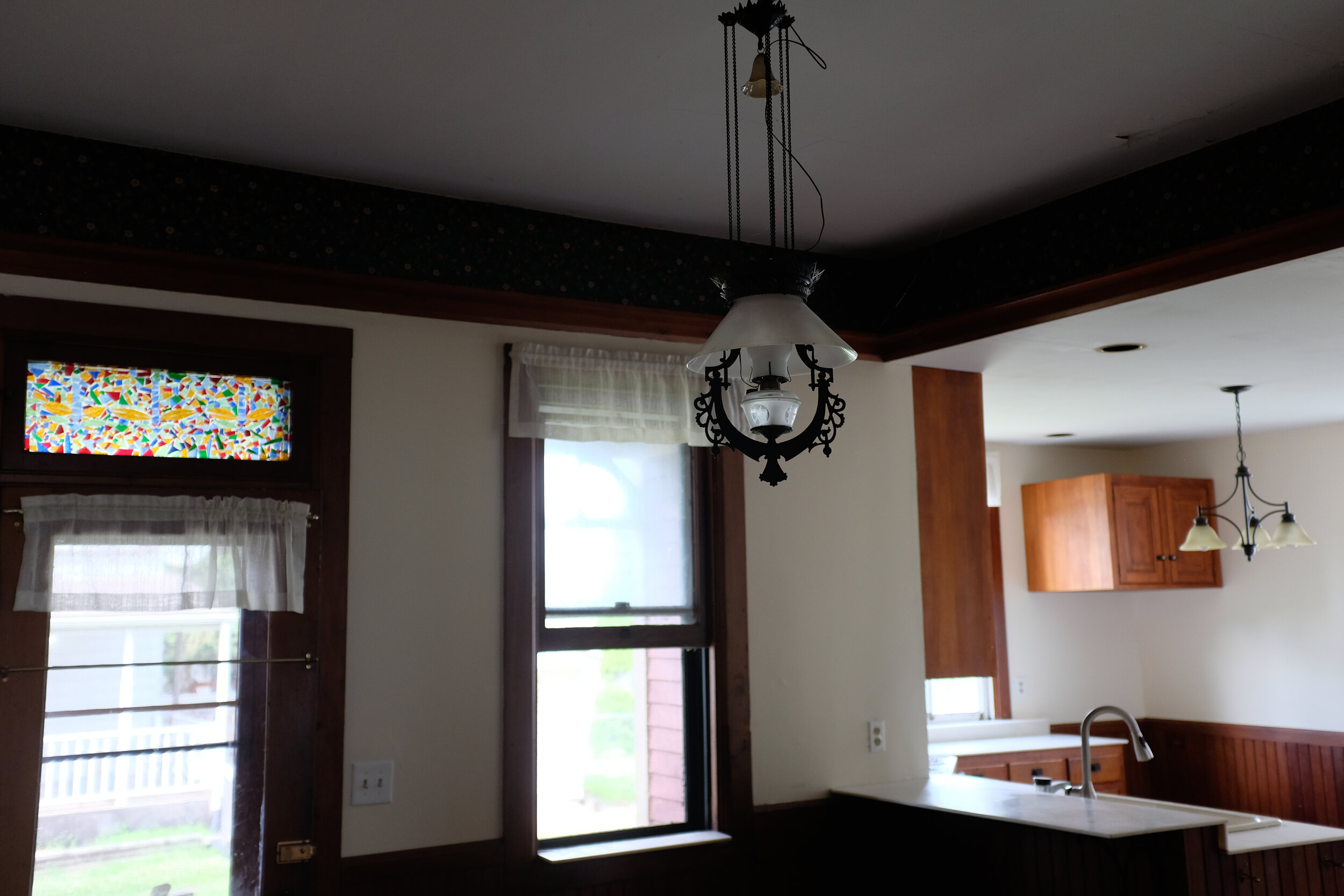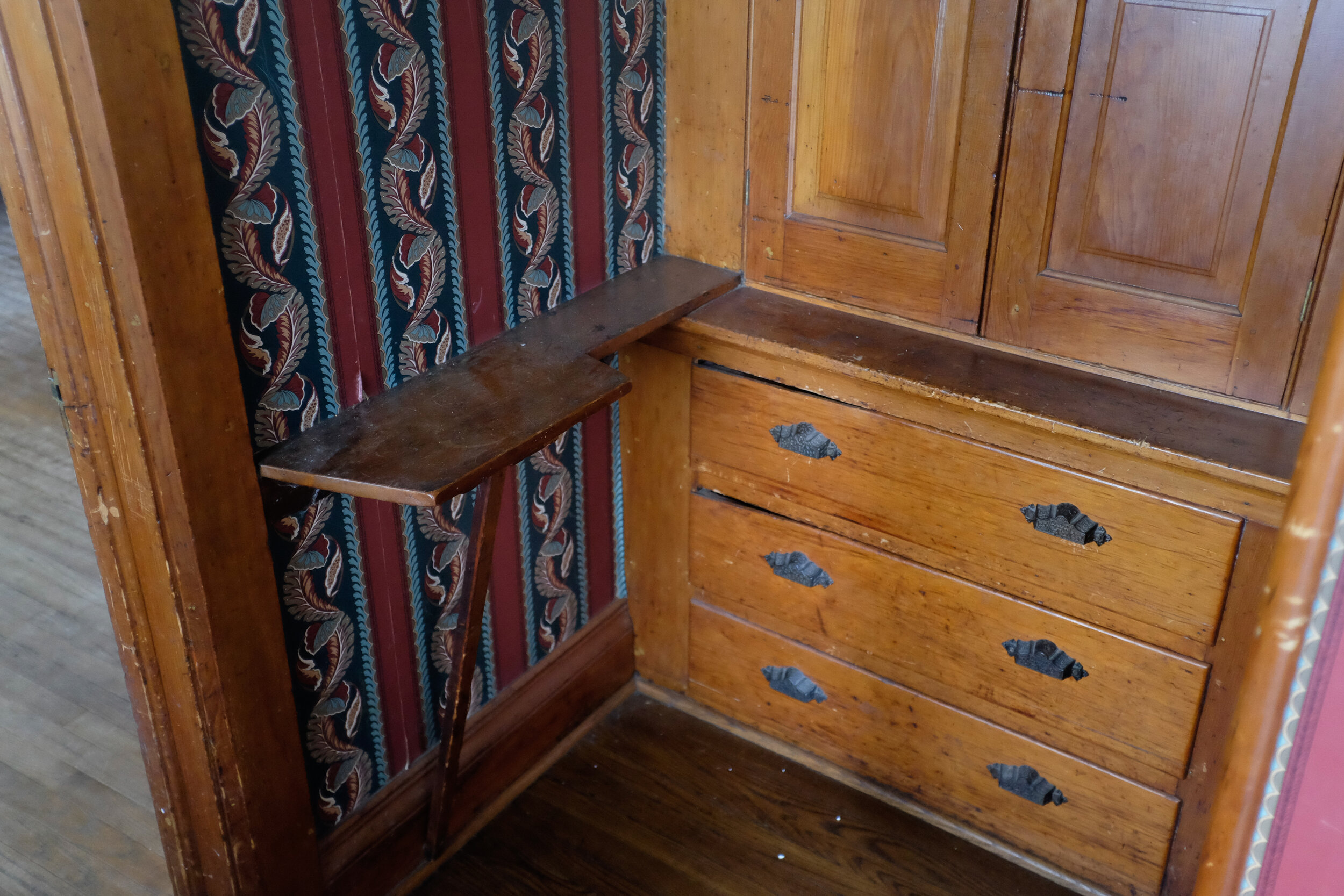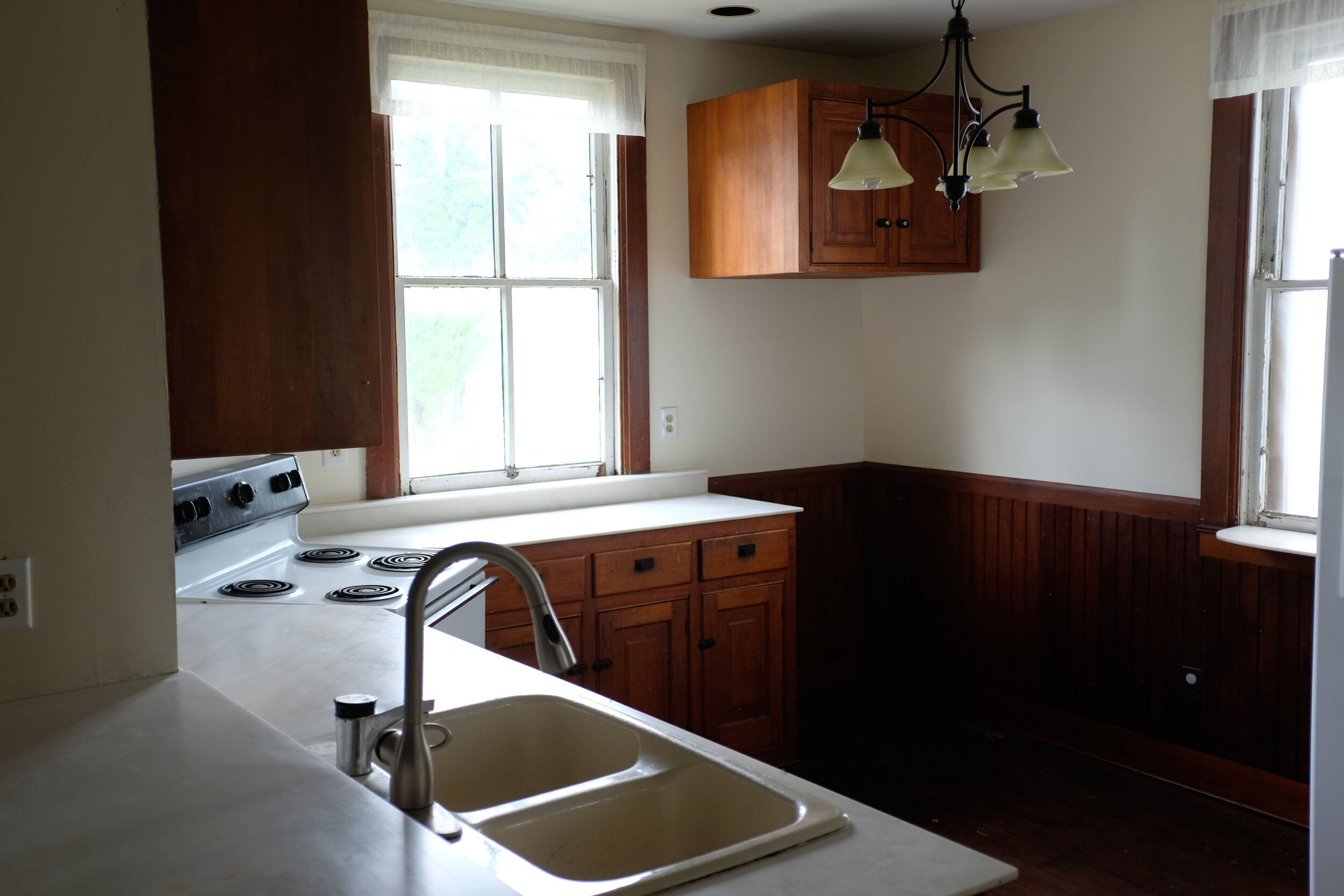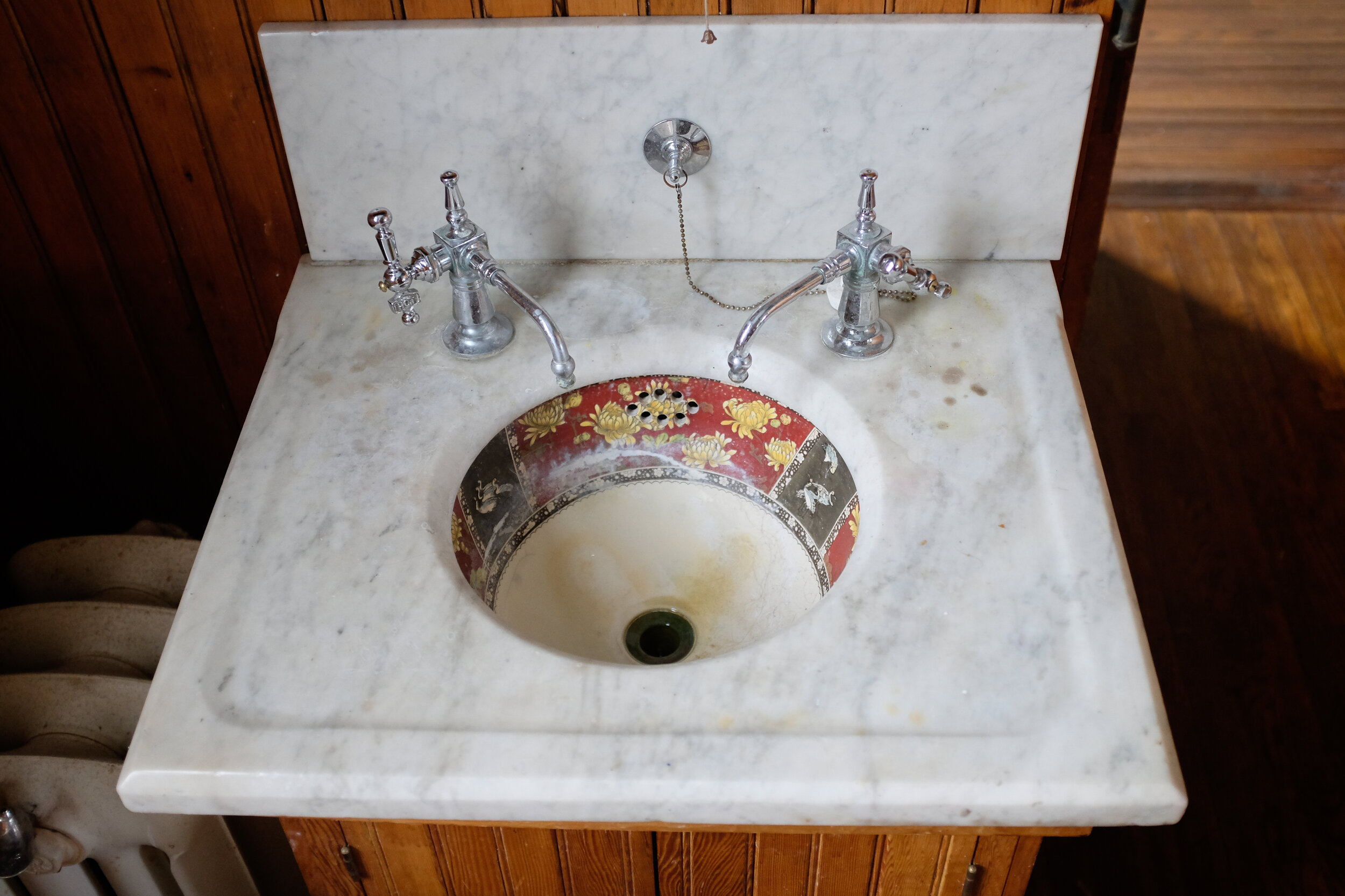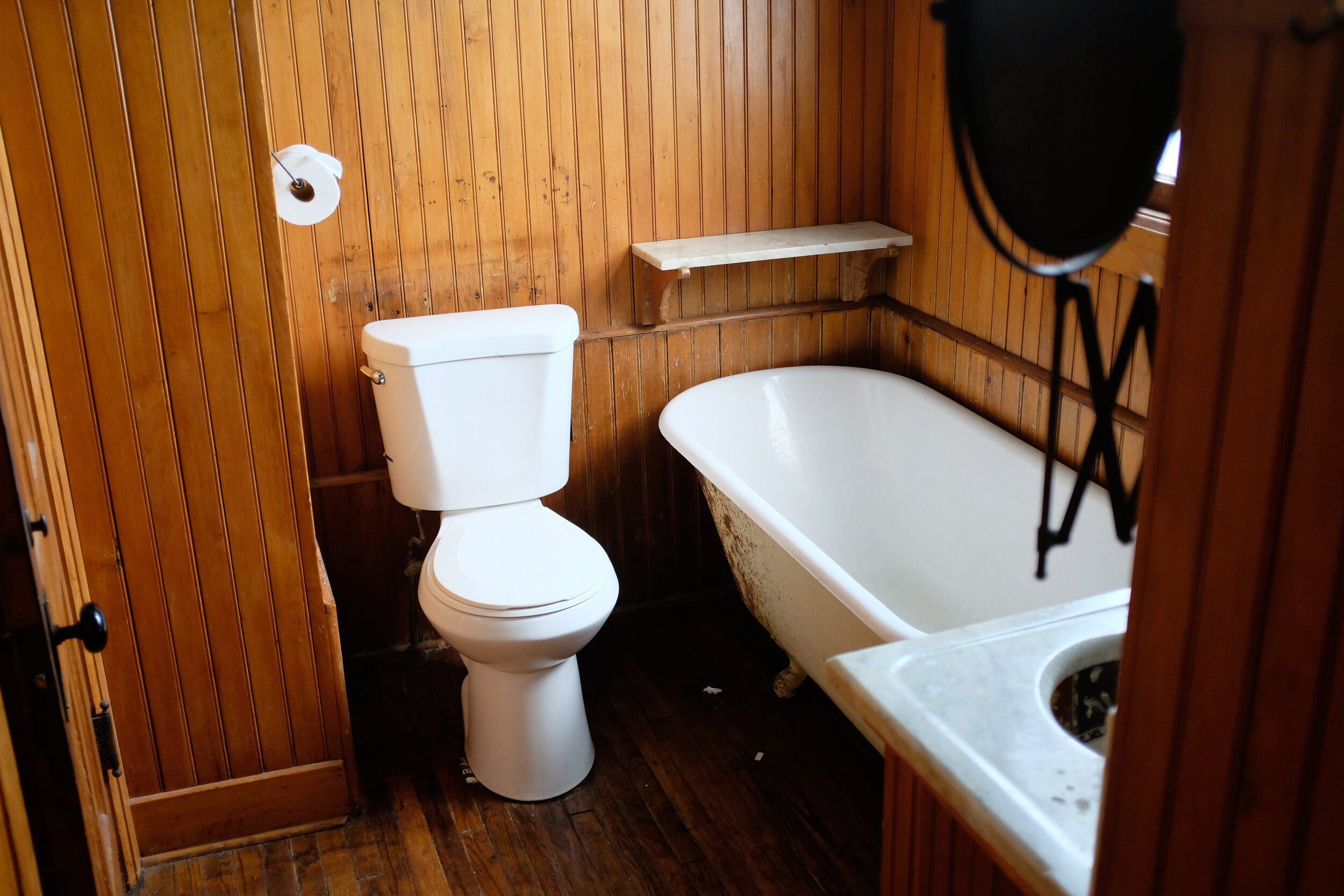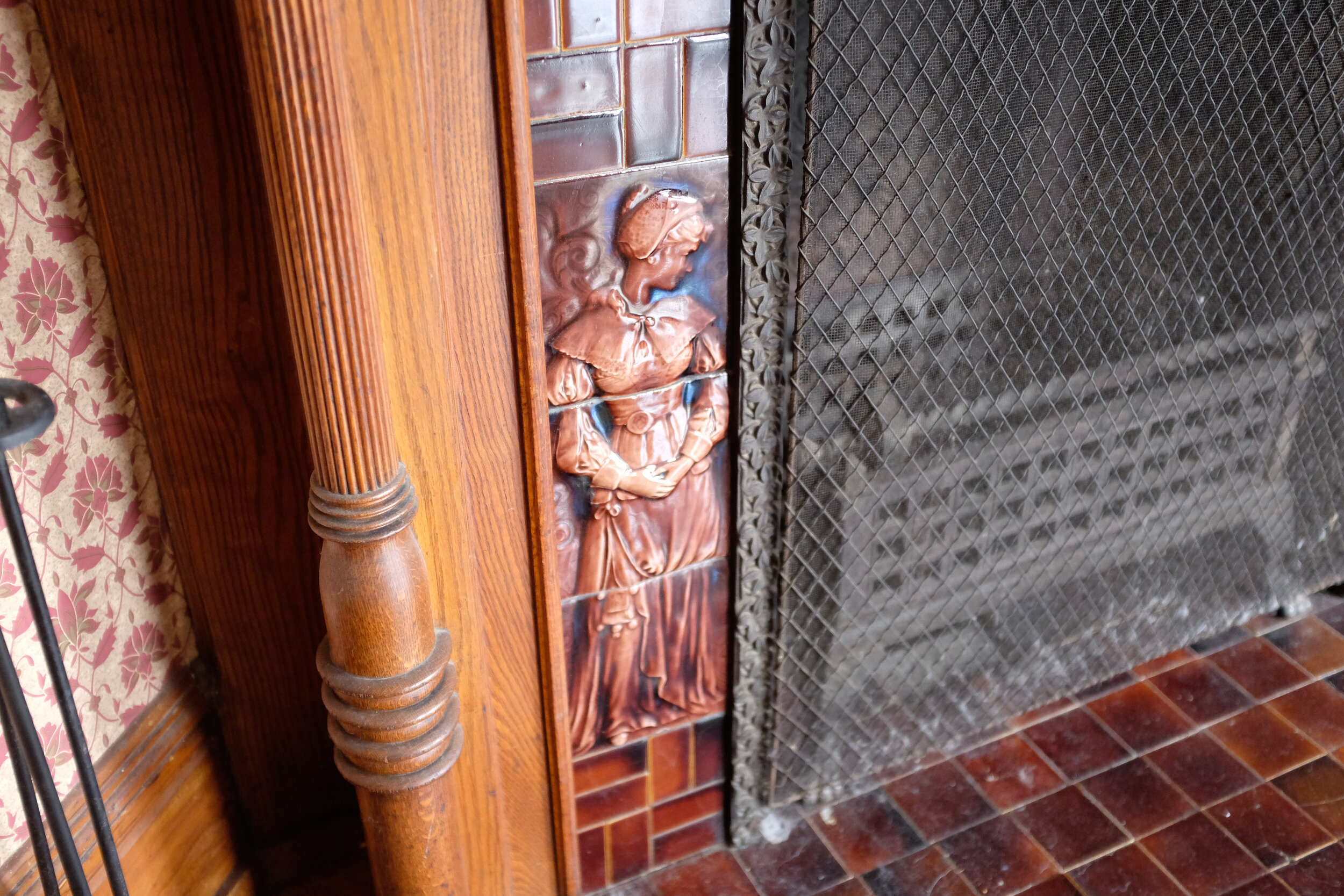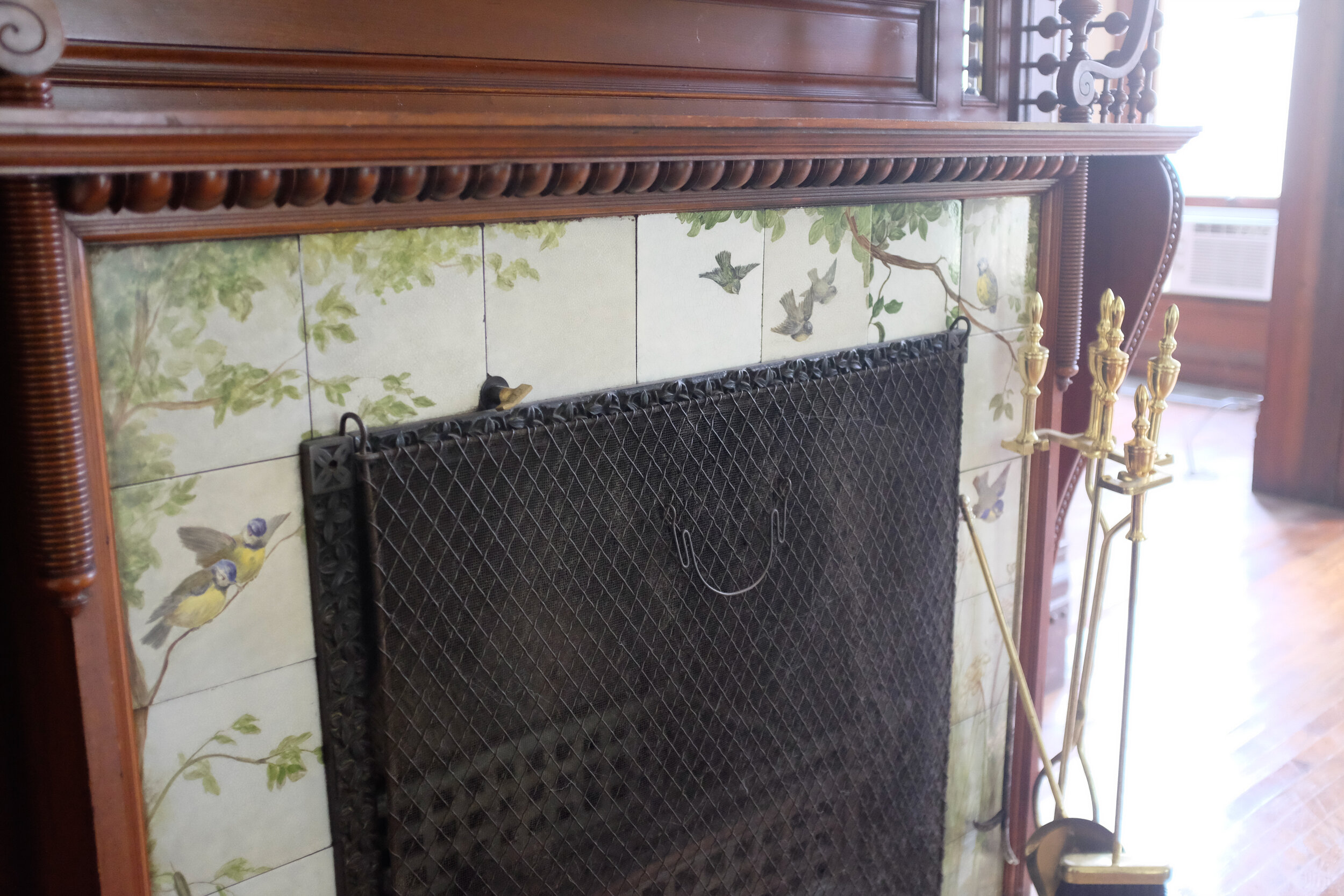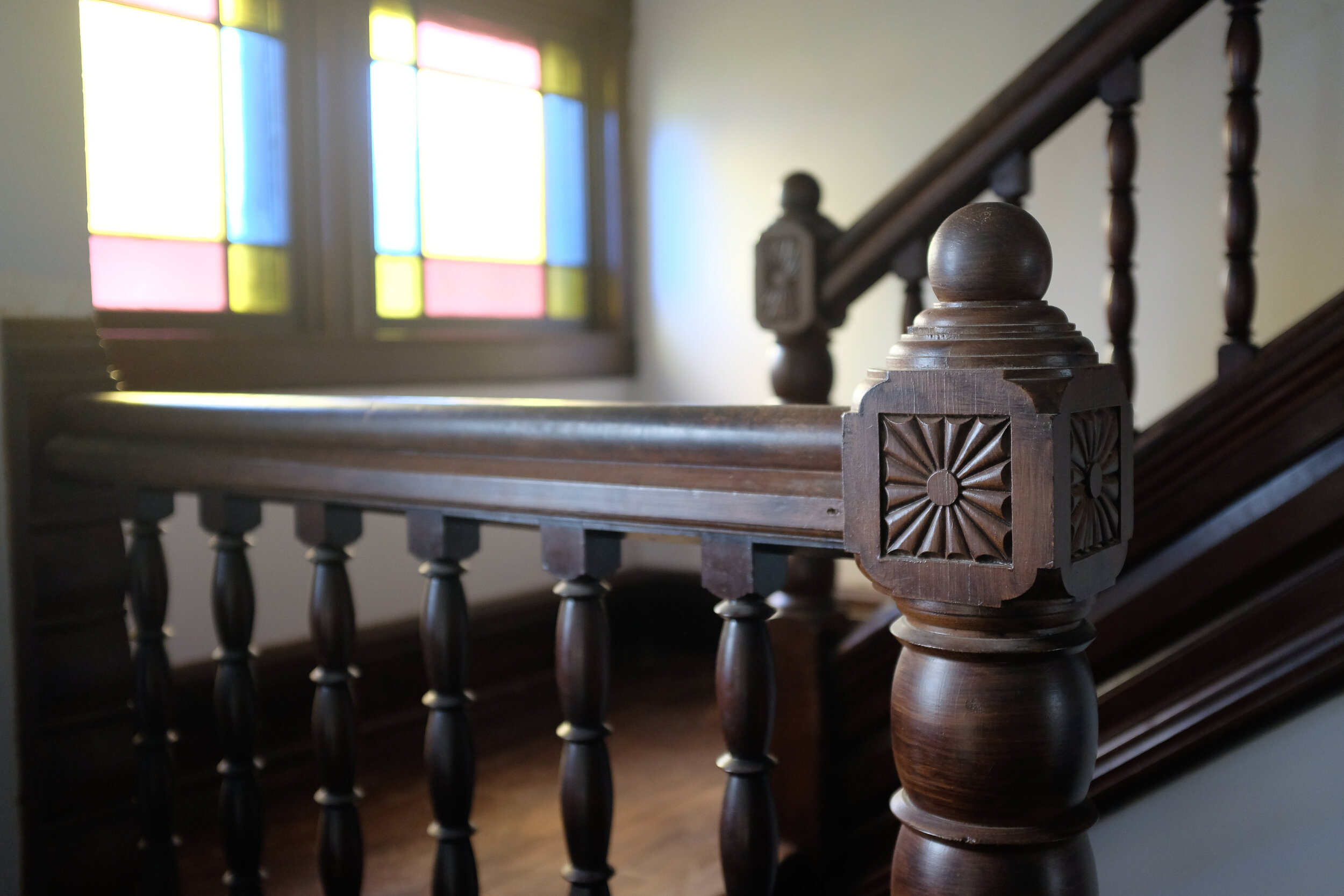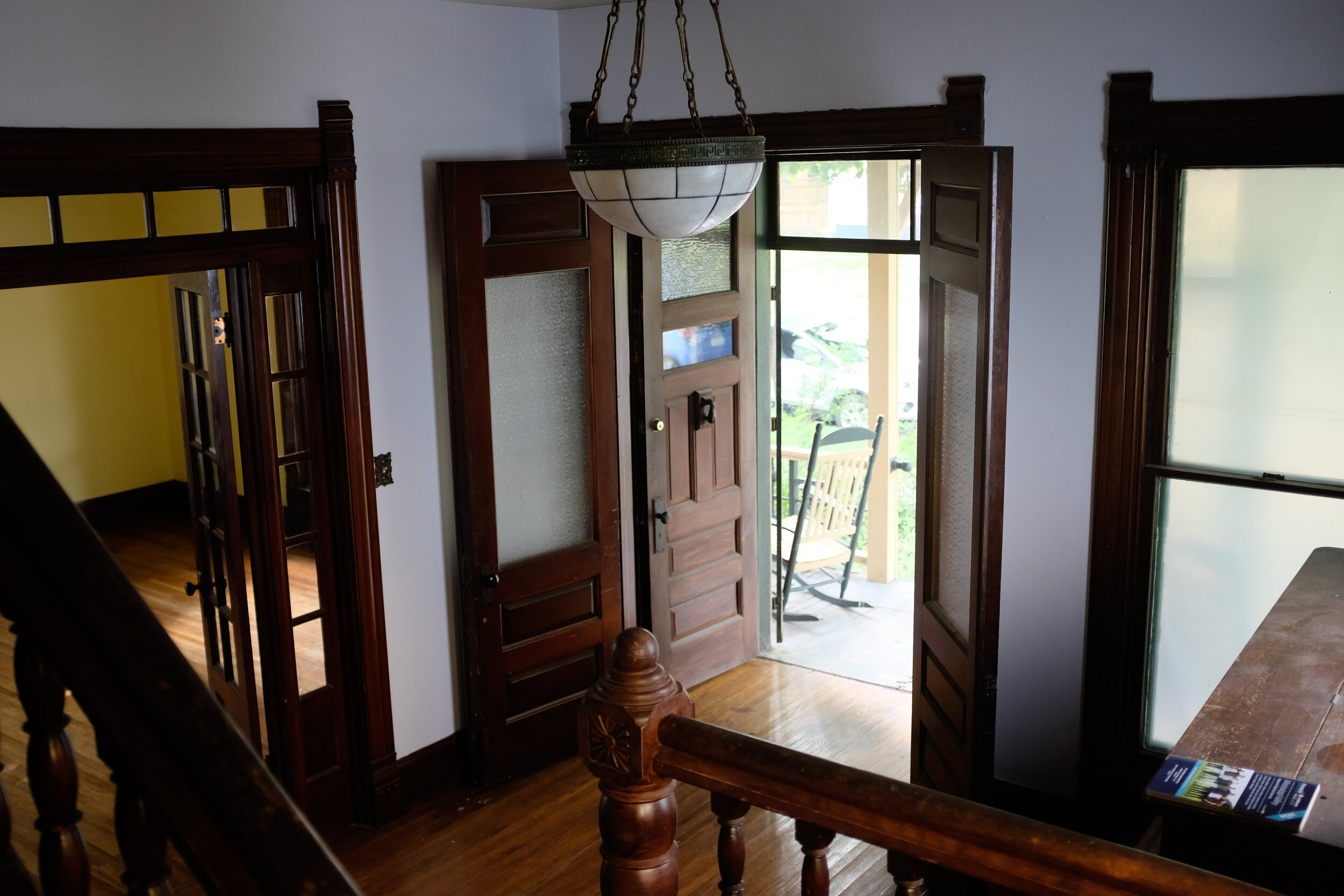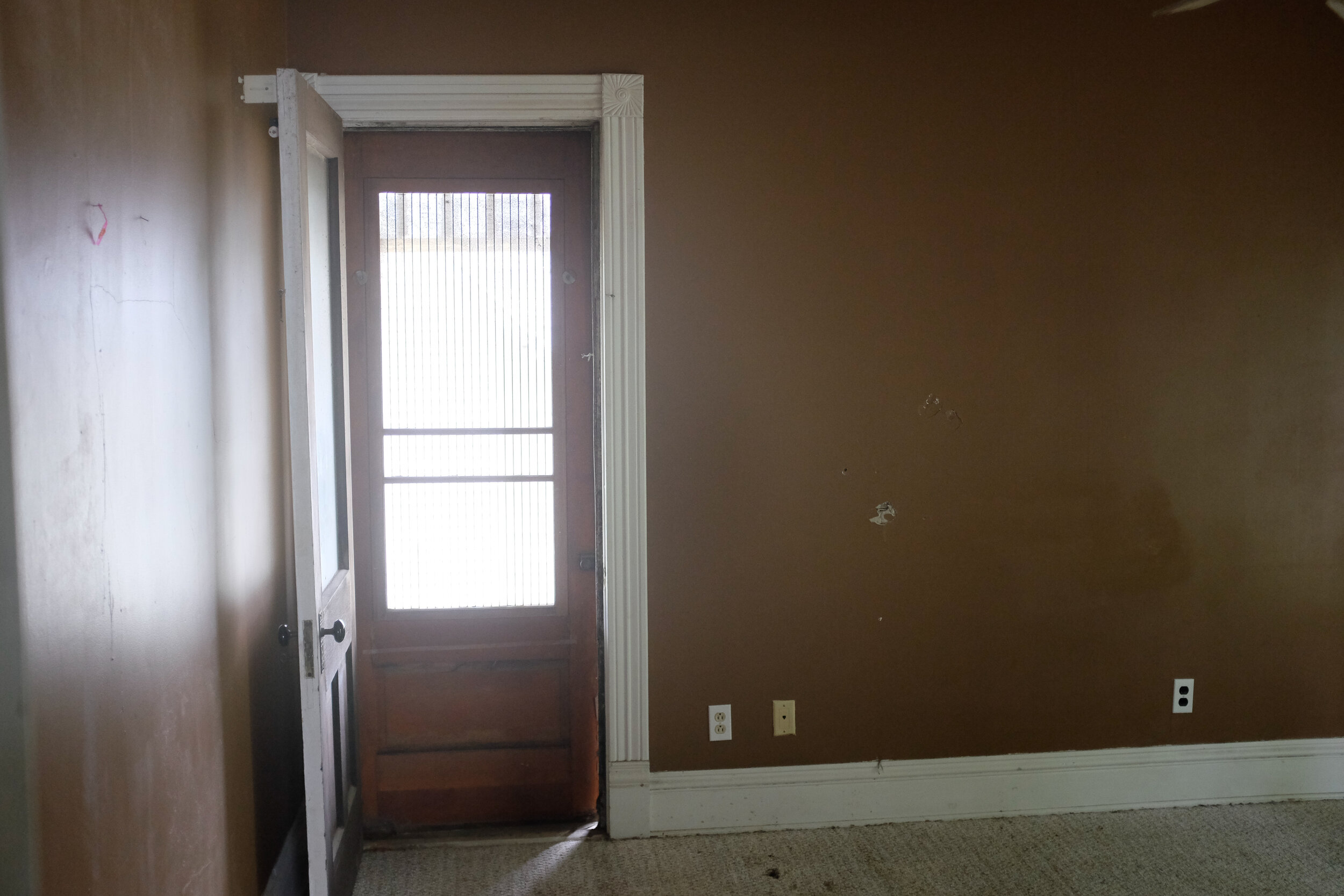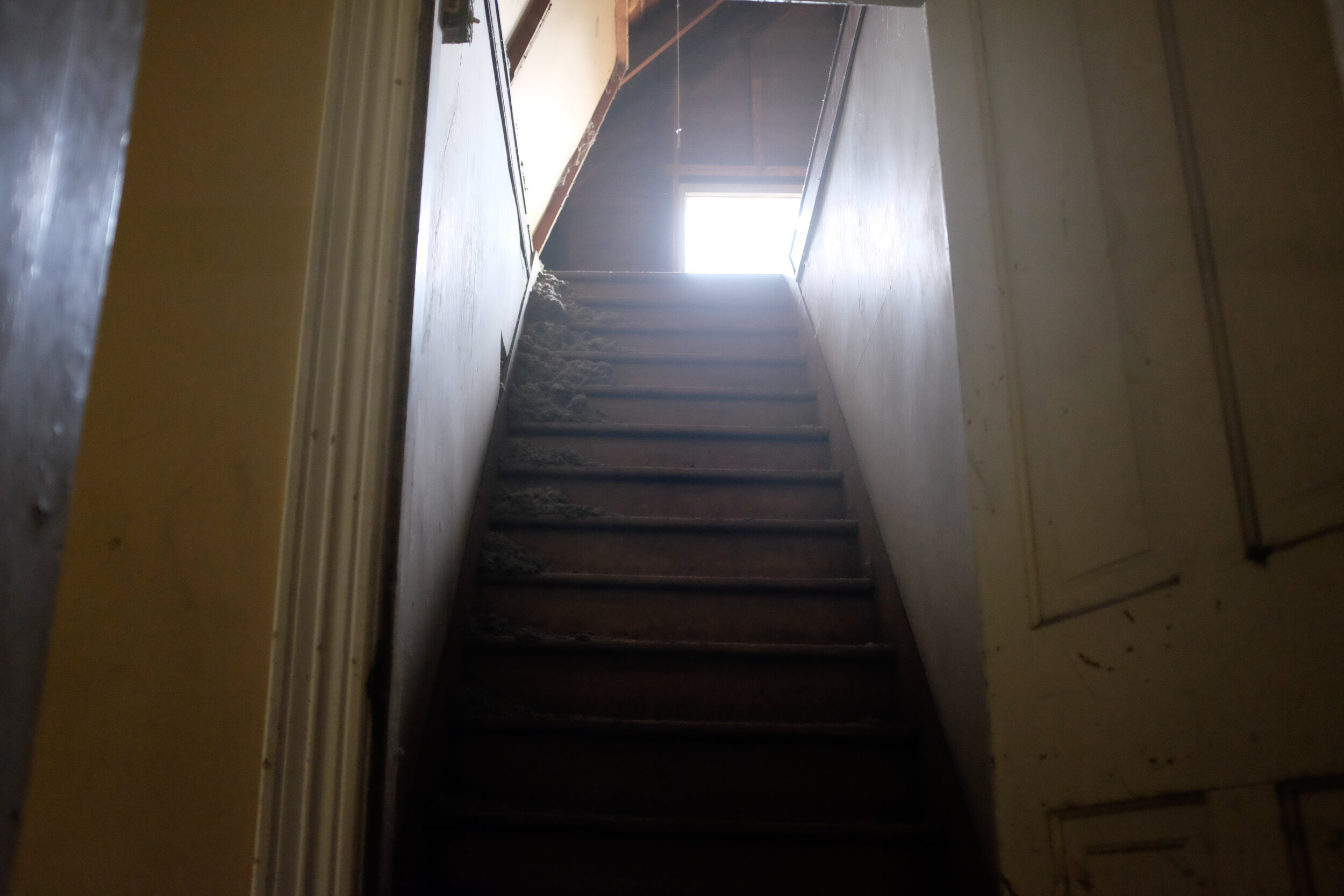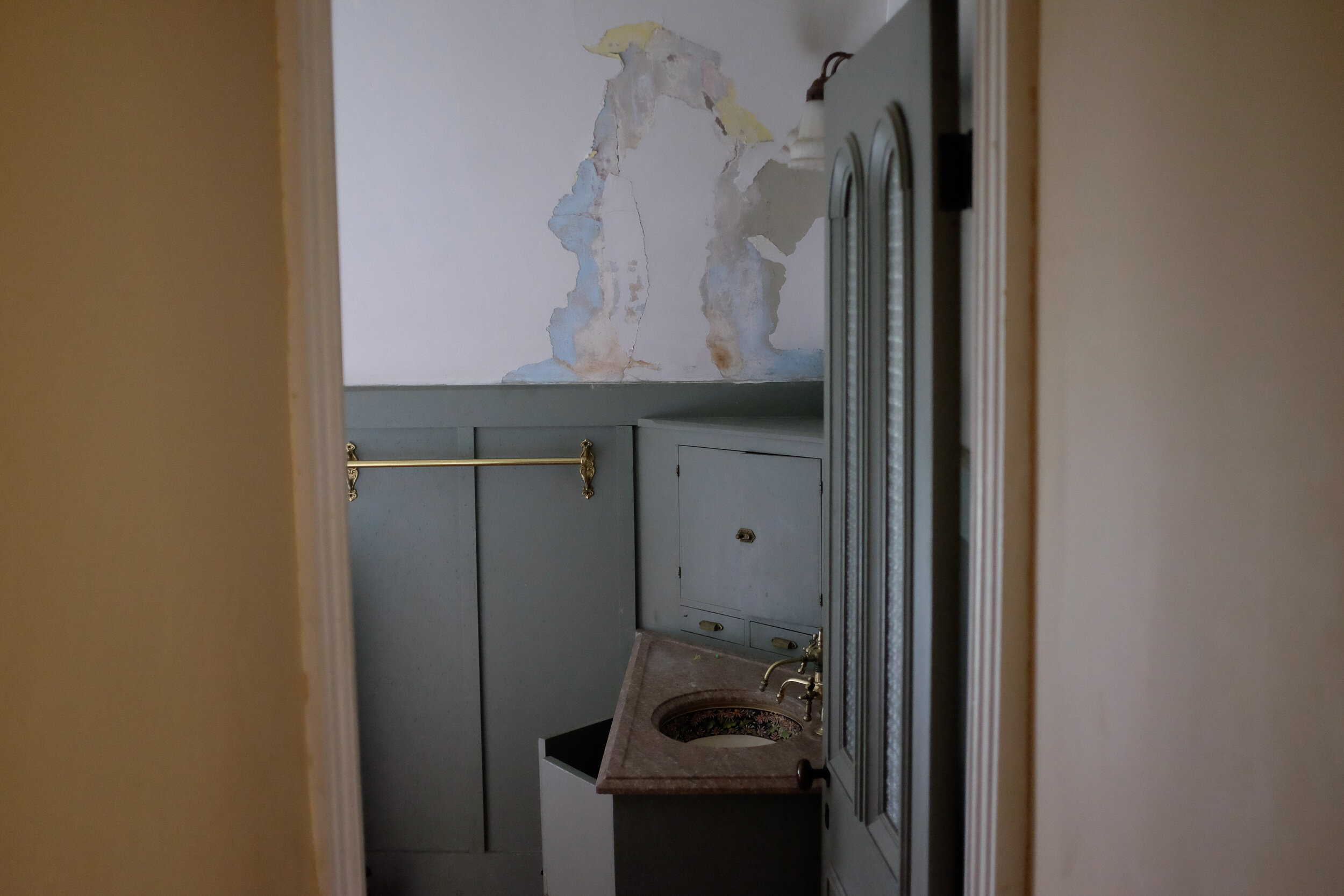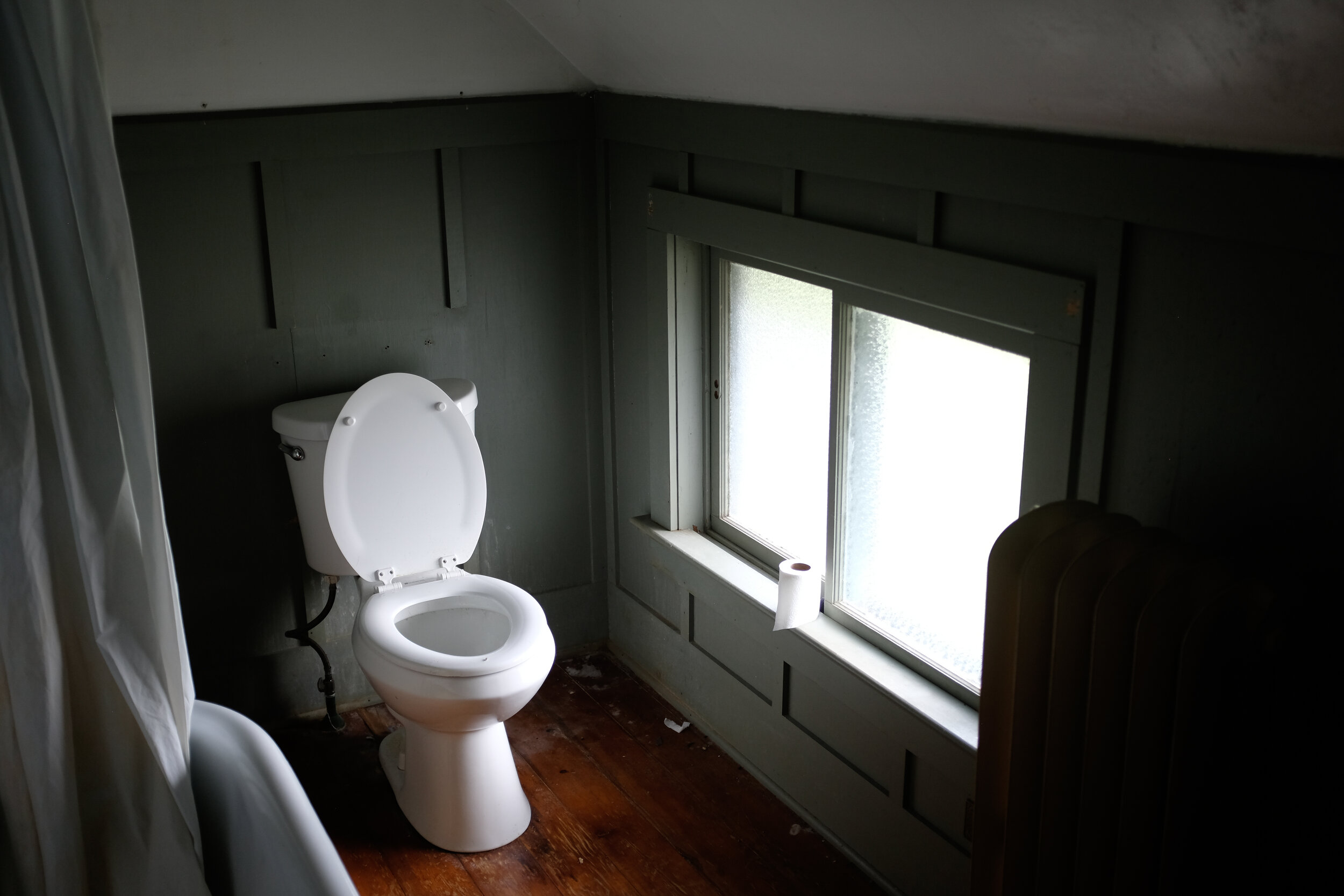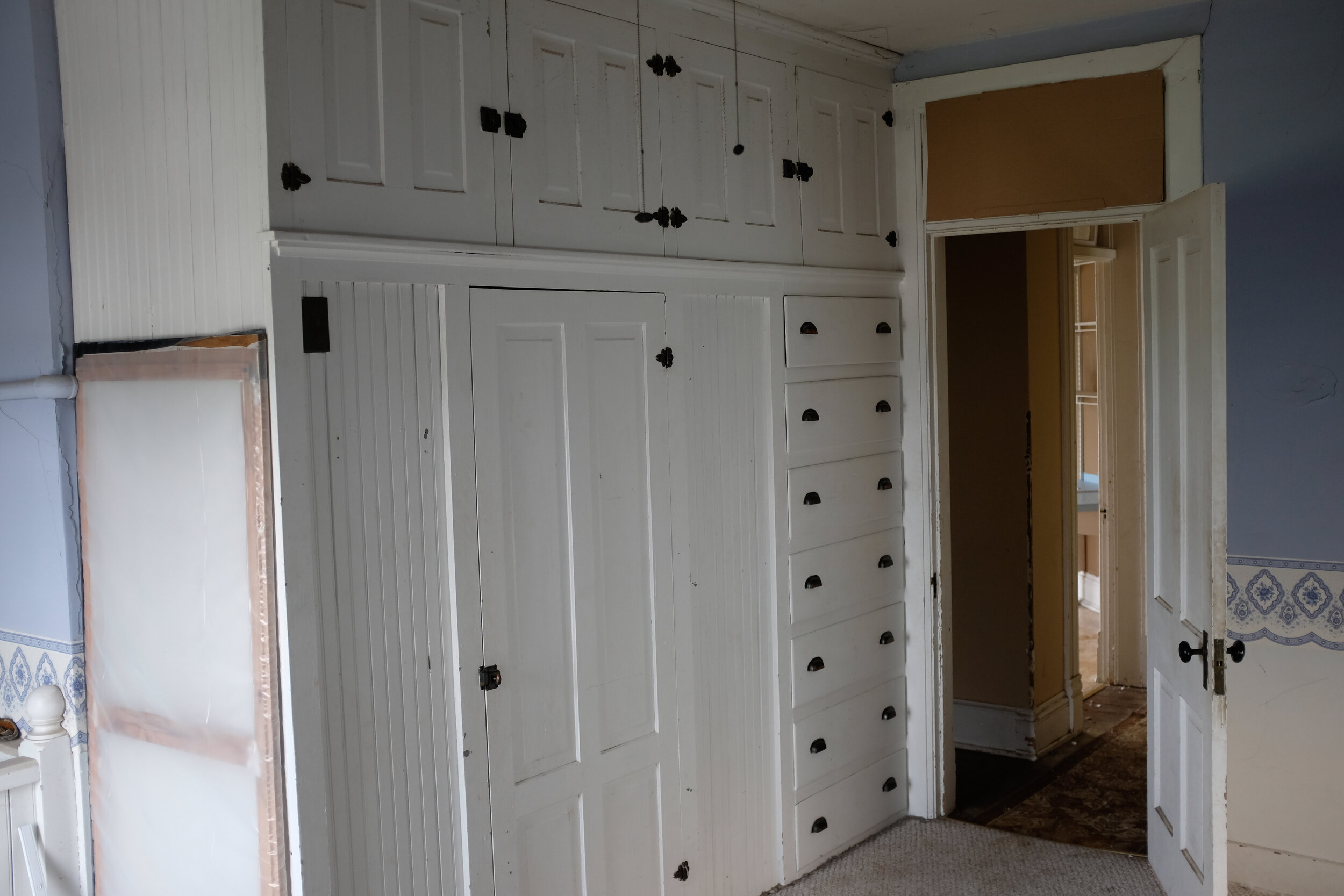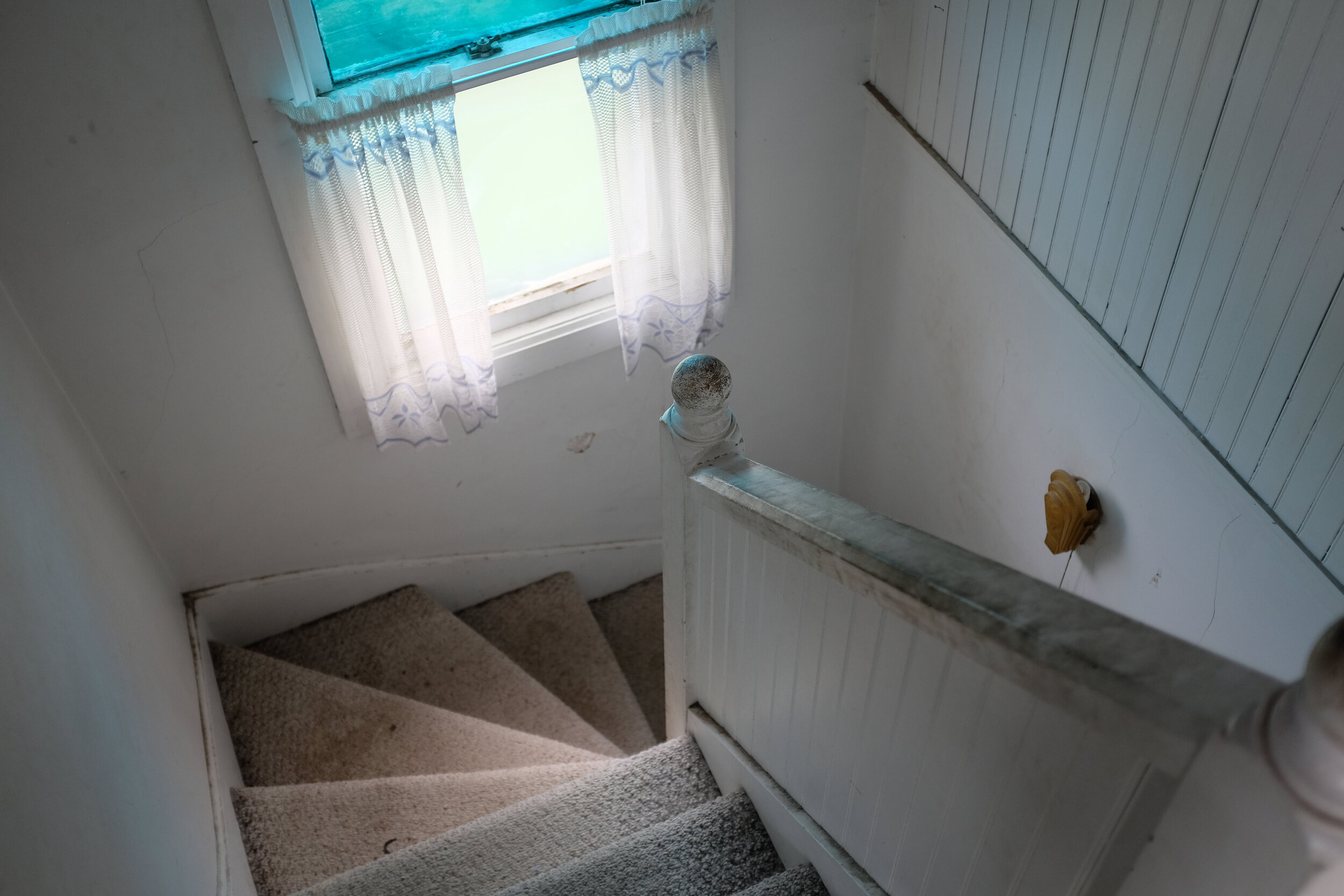The Joyful Doing
To some degree all dreams and visions of a place are an imposition upon it. That is, until we arrive, respond to the place as it really is, to its unique and particular problems, we are unable to do the good work the place requires. But when we confront the place as it really is, not in the abstract of a dream, but in the problems our embodied work reveals, truth intrudes in its matter of fact.
All of that was a paraphrase of a writer named Wendell Berry. It was taken from his essay, People, Land, and Community. What has always stuck out to me about that essay is his steadfast commitment to the idea that good work is in fact possible. In our creaturely life of marriage making, place making, love making, good work is possible. And not only is it possible, a life of good work calls to us. Deep in the core of our human desires is the desire to do something that matters. Deep within us is a gut level yearning for meaningful labor. It’s not just good work that we want; we want joyful work.
This is what my wife and I have been praying toward for our family. We have turned the page to a new chapter of our journey of making a life together. We have followed the call of God to move back to my hometown of Clinton, IA to plant a church. It is here in Clinton that we have committed to plant our lives, and to throw ourselves into the good work that this place requires of us.
To better understand the nature of our work here we have gone in with our eyes wide open. I haven’t lived in Clinton since I was 18. Sure, I’ve visited family and spent some time in Clinton since then. But I have not actually lived in this place, submitted to its unique contours of life, its unique culture, its way, since I was a boy. And so I knew I would need to dedicate a significant portion of my time to relearning my hometown.
Like I said before, learning a place as it really is always unearths real problems. For example, before I was married I knew I wanted to marry my wife. But I did not know specifically what it was like to covenant with this women for life. And so I was ignorant to marriage with her until I was actually married. And when I did commit my life to her in marriage all sorts of problems presented themselves. Uncovering these problems, such as my selfishness, was necessary to actually doing the good work of marriage making—the good work of love.
In a similar way, moving back to Clinton has been a journey of discovery. And a necessary component of that is discovering the unique problems I must work through. One writer put it this way: If you are to really give yourself to loving a place, with the deepest affection a human can muster, you must feel an informed sorrow for the place and its ruin.
Clinton is a great place. It boasts a river front near the widest part of the great Mississippi river. Its rolling hillside landscapes, farms, and midwest bounty make it a naturally beautiful place. But like anything, it carries with it the scars and heartache of the past. A once great center of economic boom, Clinton is now hemorrhaging its population faster than any other town in Iowa. Many forces are conspiring to influence this culture of exodus. But one thing is obvious for all its citizens—their is an ancient sadness that haunts this place. The blighted hillside mansions, the abandoned churches, the vacant neighborhood schools, the crumbling downtown, all ring with the echos of a failed delight. Living and touching the contours of this place preaches a melancholy that is hard to shake, leading many to escape from its reach.
While leaving is a legitimate option, some have chose to stay. They are the stickers. Whether because of some deep stubbornness, youthful optimism, or steadfast commitment to long suffering love, these stickers are here—about 24,000 souls. In membership I have joined their ranks once again.
One of the great siren songs that draws human beings away from places is the promise of a better life somewhere else. It’s only natural to wander out from a place and its ruin to chase the hope that some other place will be less ruiness. It’s what the Israelites longed for when they were in Babylon. They were captives, prisoners of war, taken from their culture, their home. They wanted to get out and go home. Isn’t this what we all want? We all want to find some place we can flourish in, a place we can call home.
This draw toward home has led many to commit their lives to the good work of homemaking. The possibility of joy that this work can yield is endless. Finding a home with our Maker, our wife, our children, is probably the height of human joy. And so it makes sense that people, out of a desire to make a home, have chosen to stick it out in a place of ruin, work their fingers to the bone, in eschatological longing for the consummation of their belonging—to be finally at home at last.
But where does this idea find its simple embodied work. Where does our abstract longing for home meet real life circumstance. What do we do with our hands? This is what the people of Israel wanted to know. And despite the false voices telling them to get up and leave, the voice of the Maker, through the prophet Jeremiah spoke. He said, plant gardens, have children, build houses, and seek the welfare of the city, because in its welfare will be your welfare. This is the ancient Jewish vision of Shalom. Peace on earth and a life at home. This is the biblical vision for flourishing.
In continuity with this primal longing for home, my wife and I have chosen to buy an old house, to fix it up, and to seek the welfare of the city we belong to. We are drawn by the possibility of good work and of the joy of belonging. It is this joy that calls us into long suffering work. Like the city we live in, the house bears the scars of neglect, and creeks with sorrow; but it also lies pregnant with joy to be delivered, for a life willing to be discovered.
To me this is not just a fixer upper. The house we bought is not just an “investment.” We have no desire to “flip it.” We desire to make a home, to make a family, to make love, and to seek the welfare of the city we belong to. It is our conviction that this is what it means to be a member. And to be a member is to belong. And to belong is to embrace the responsibility love requires.
This is the beginning of our journey. It is our hope that by following along with our story it would spark joy in your own story. May the flourishing of our places of belonging always be on our imaginations.
